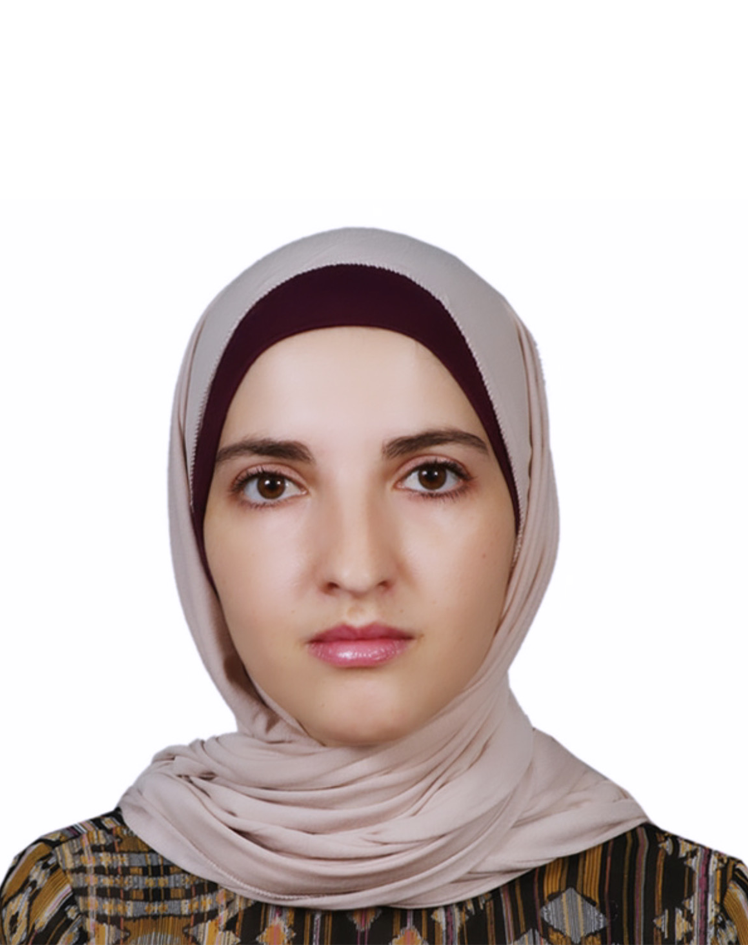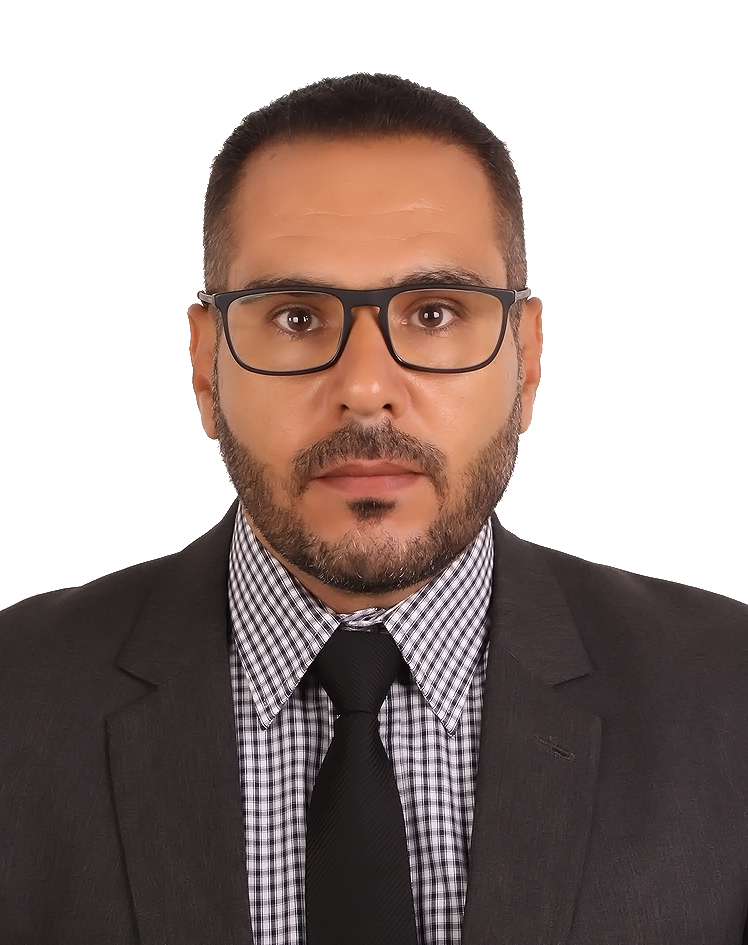Problem:
At COP21 in Paris, more than 160 nations, including GCC countries, have agreed to reduce GHG emissions in order to reach a goal of limiting the temperature change at the end of 21st century at 1.5oC. On this occasion, several GCC member states, including Saudi Arabia and Qatar made a commitment to reduce their per-capita emission levels, which are among the highest in the world,
The transitions to a Zero-net emission (ZNE) regime in Qatar member state. The potential role of electric mobility, Carbon capture and storage (CCS) and Direct air capture (DAC) will be highlighted,
Solution:
The objective of this research project is to develop a qualitative and quantitative systems analysis approach to assess the future of the energy system in Qatar and the Gulf countries, taking explicitly into account two major disruptive factors: (i) the drive toward smart cities (SC) and smart energy (SE) systems to achieve sustainability and, (ii) the impact of post-COP-21 and COP-26 climate regimes, distributed energy markets and sharing economy, on the global demand for fossil fuels.
For more information visit Research page.


This project made by: Frederic Babonneau, is with ORDECSYS, Switzerland, and KEDGE, Business school, France. Ahmed Badran and Maroua Benlahrech are with Qatar University, Doha, Qatar. Alain Haurie is with ORDECSYS and University of Geneva, Switzerland, GERAD, HEC Montréal, Canada. Maxime Schenckery
is with the IFPSchool- IFPEN, Rueil-Malmaison, France and MarcVielle with the Ecole Polytechnique Fédérale de Lausanne, LEURE, Lausanne, Switzerland.